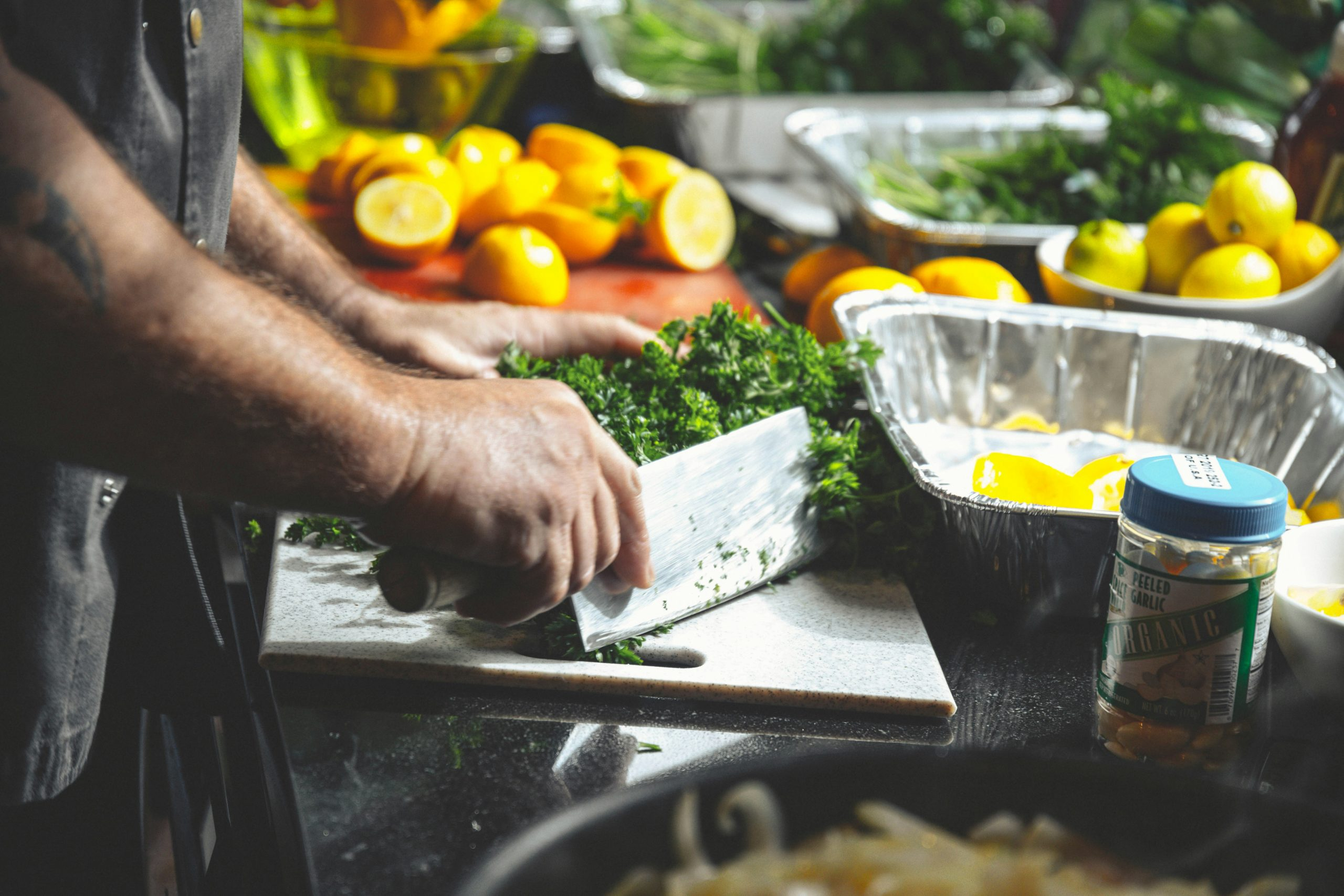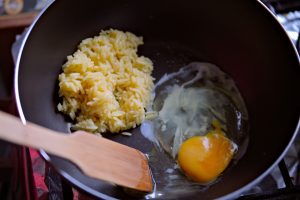How To Teach Kids Cooking Basics At Home
Do you want your kids to develop a love for cooking and become young chefs in the making? Teaching them cooking basics at home is a great way to introduce them to the art of cooking and help them explore their culinary skills. Not only does it instill a sense of independence in children, but it also teaches them important life skills that will benefit them in the long run. With the right approach and guidance, teaching kids cooking basics can be a fun and rewarding experience for both you and your child. In this article, we will discuss the essential steps to successfully teach kids cooking basics at home.
Step 1: Start with basic kitchen safety
Before diving into the actual cooking process, it is crucial to teach your kids about basic kitchen safety. They should understand the importance of being careful around sharp objects, such as knives and kitchen tools, and how to use them properly. Teach them to wash their hands before and after handling food, and to be wary of hot surfaces and appliances. Safety should always be the top priority when it comes to cooking with kids.
Step 2: Plan a kid-friendly menu
Involve your child in choosing the menu for the day. This will give them a sense of responsibility and allow them to express their interests. Start with simple recipes that have fewer ingredients and require basic cooking techniques. Recipes like grilled cheese sandwiches, scrambled eggs, and pancakes are all great starting points for kids. As they become more comfortable, you can gradually introduce more complex recipes.
Step 3: Explain the importance of following a recipe
Children learn by doing, so it is essential to involve them actively in the cooking process. Show them how to read a recipe and explain the importance of following it step by step. This will help them understand the value of organization and precise measurements in cooking. Encourage them to ask questions and offer assistance when needed. This will not only make them feel involved but also improve their critical thinking skills.
Step 4: Introduce basic cooking techniques
Teach your child fundamental cooking techniques like measuring, mixing, chopping, and sautéing. Start with simple techniques and then gradually introduce more complex ones. Let them practice and experiment with different techniques, so they can develop their own style of cooking. Make it fun by turning it into a game – for example, making the perfect shaped cookie dough or chopping vegetables in different shapes. This will keep them engaged and make learning more enjoyable.
Step 5: Teach clean-up and organization
Cooking involves a lot of mess, and it is crucial to teach your child about the importance of clean-up and organization. Teach them to clean as they go and to put away ingredients and tools once they are done using them. This will help create a sense of responsibility and encourage them to keep the kitchen clean and organized while cooking. Additionally, it also teaches them the value of teamwork, as they can assist you in cleaning up after the cooking is done.
Step 6: Encourage creativity and experimentation
Cooking is an art, and it is essential to encourage your child’s creativity and experimentation in the kitchen. Encourage them to come up with their own ideas and try new things. You can also have them create their recipes, using the ingredients available in the kitchen. Not every dish will turn out to be a success, but this will help them learn from their mistakes and improve their cooking skills.
Step 7: Make it a bonding experience
Lastly, the most important aspect of teaching kids cooking basics is to make it a bonding experience. Spend quality time with your child in the kitchen, make memories, and have fun together. Cooking can be a great way to strengthen the parent-child relationship and create lasting memories that you and your child will cherish for years to come.
Conclusion
Teaching kids cooking basics at home is a wonderful way to introduce them to the world of cooking and instill valuable life skills. By following these steps and keeping it fun and engaging, your child will not only learn how to cook, but it will also boost their confidence and creativity. So, put on your aprons and start cooking with your kids today!









